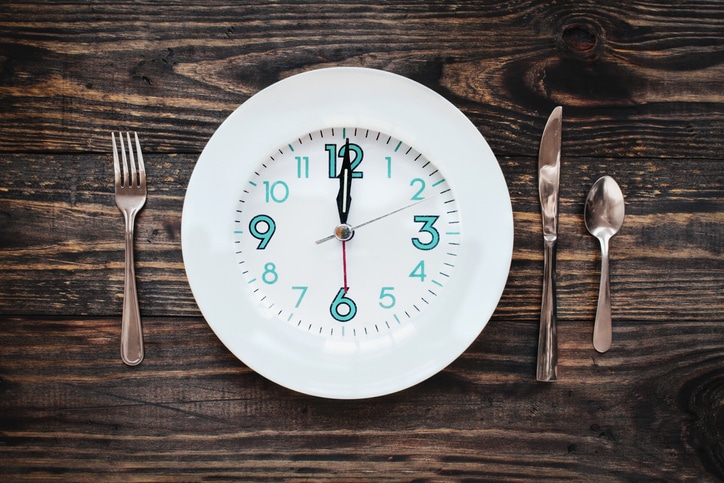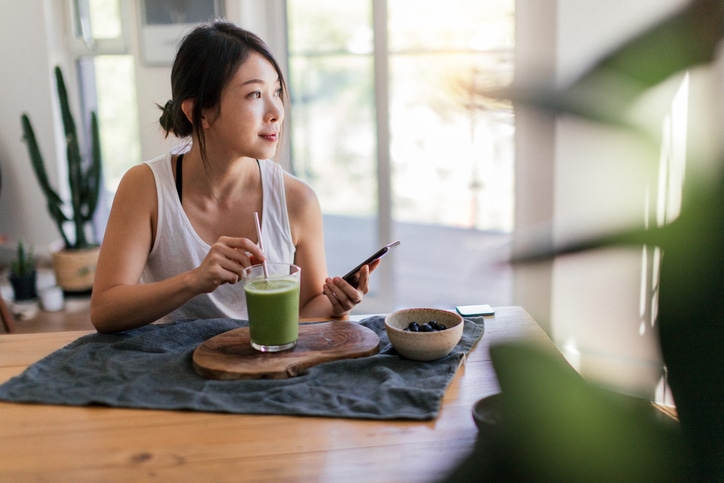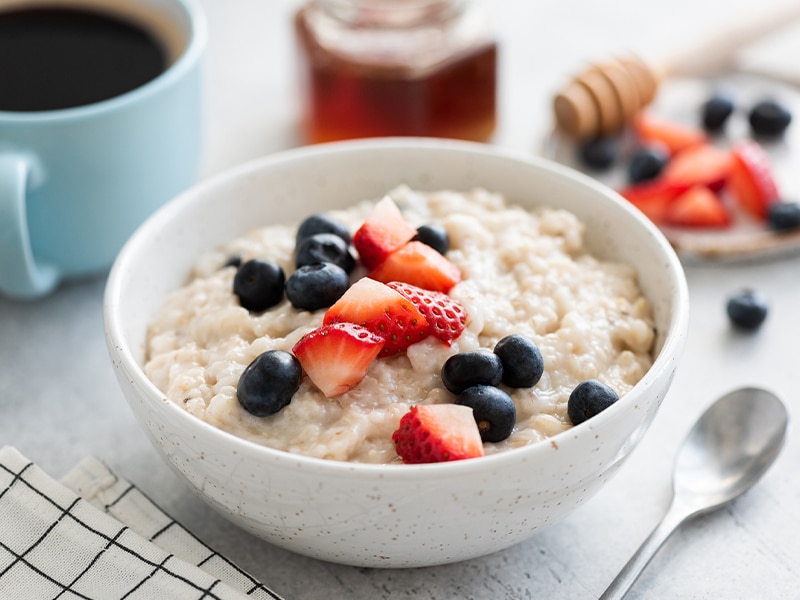It’s an expression held dear by generations of mothers: Breakfast is the most important meal of the day. But is it really?
Whether it’s oatmeal, cornflakes or a fancy omelet, there’s no doubt a nutritious breakfast can set the tone for your day.
“We burn a lot of fuel when we sleep,” says Carey Shore, MS, RD, LD, wellness coach at Methodist Dallas and Methodist Richardson Medical Centers. “So, when we eat breakfast, we are refueling the energy we lost and renewing the energy we are about to use for the day.”
But these days, with fasting diets still popular and our routines turned upside down by the pandemic, is breakfast really that much more important to good health than any other meal?
The answer depends on your eating preferences, Carey says. If you want to start each morning at peak performance, it’s best to kick things off with a nutritious meal. But it’s not the end of the world if you would rather skip it, she adds.
“If you prefer to go without eating breakfast, your other meals should prioritize the essential food groups,” Shore says. “That means a lunch and dinner that include carbohydrates, protein, dairy, fruits, and vegetables.”
Any meal can either invigorate your body or contribute to feeling lethargic. Let’s take a closer look at why we skip breakfast and how it can affect our health.

INTERMITTENT FASTING
Living a breakfast-free lifestyle is normal for those who practice intermittent fasting, a trendy diet that encourages adherents to abstain from eating entirely for certain periods.
It may not be for everyone, but some swear by this diet’s weight-loss benefits, as well as its ability to reduce inflammation associated with arthritis and multiple sclerosis.
While some alternate entire days of fasting with a normal meal schedule — the “Eat, Stop, Eat method” — most intermittent fasters practice the “16/8 method,” where each day is split between a 16-hour fast and an 8-hour eating window that typically begins at noon and ends at 8 p.m.
That means skipping a traditional breakfast in the morning and holding out until lunchtime to eat. By then, expect to be especially hungry, at least until your body gets used to the diet.
“A challenge that many face while doing an intermittent fast is not overeating during their next meal,” Shore cautions. “When you allow yourself a small eating window, it’s going to be hard to not overeat when you finally are able to eat.”
Other side effects of this diet include fatigue, nausea, headaches, and even insomnia.

NO TIME FOR BREAKFAST
While dieters may skip a meal to shave calories, other breakfast dodgers are simply saving time or don’t want to cook.
Maybe you’re too busy to eat, or perhaps life post-pandemic has made eating on a schedule, whether you’re hungry or not, seem old-fashioned.
Whatever the case, it’s best not to ignore your body’s nutritional needs, and there are ways to make meal prep quick and easy:
- Prepare your meals the night before. The Fit Fork demonstrates how quick and easy it can be to make a low-carb quiche.
- Hard-boil some eggs ahead of time for a quick protein boost each morning. And if boiling an egg is too passé, bake a dozen at a time using a muffin pan in the oven.
- No time to cook, no problem. Cereal isn’t the only cold breakfast option out there. Try a breakfast bowl with Greek yogurt, overnight oats, or cottage (or even ricotta!) cheese to rev up your stale shredded wheat or toasted oats routine.
- Let your blender do the work. Preparing a green smoothie requires very little effort and most of your work will come from chopping up fruits or vegetables, a task you could do ahead of time.
“Starting your day off with a smoothie is one of the easiest ways you could add nutrients into your diet,” Shore says. “If you aren’t a salad person, throw in leafy greens to power-punch your meal and provide you with important vitamins.”

“You can also add protein powder to the mix, which will help keep you full and satisfied throughout your morning.” – Carey Shore
CHOOSE WISELY
Whatever you do, don’t fall into the mindset that high-fat/high-sugar breakfasts are the quickest and most convenient option. Odds are they won’t fill you up for long, and there’s a sugar crash waiting on the other side of that pastry.
“They may be delicious, but muffins, doughnuts, and croissants aren’t foods that bring nutritional value,” Shore warns. “They bring high amounts of sugar, which will boost your energy level for a short period.”
The goal is to eat a balanced diet all day long, whether it begins with breakfast or not.
When choosing a plant-based milk, consider the nuts and oats.

